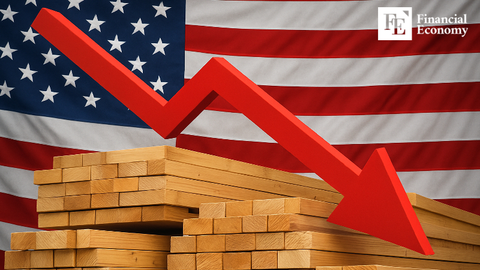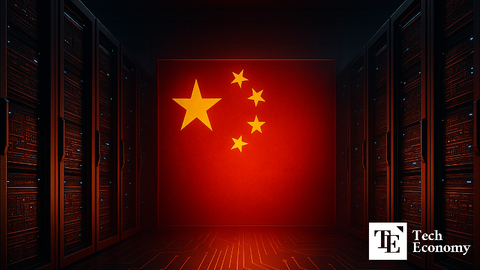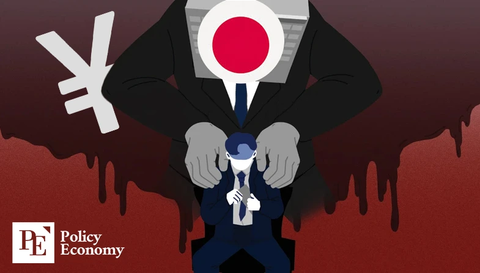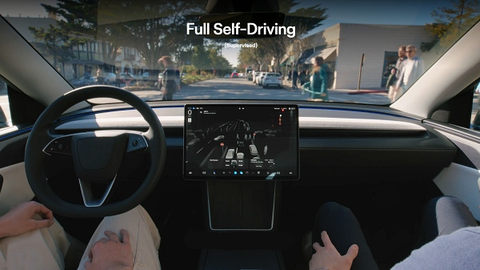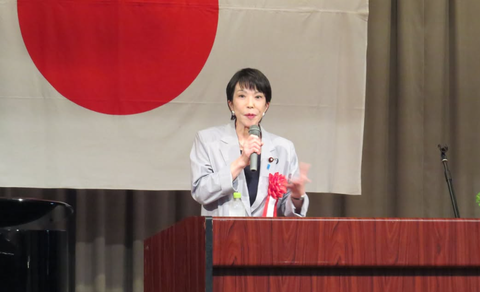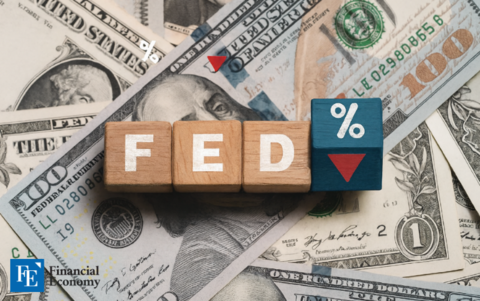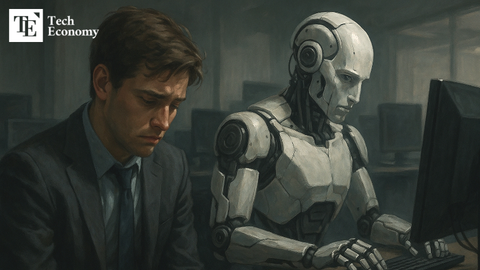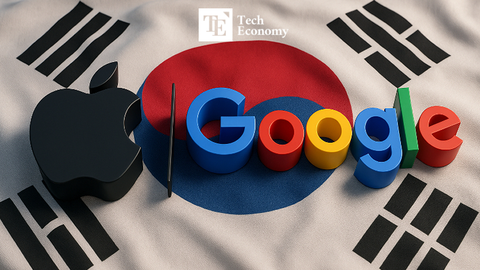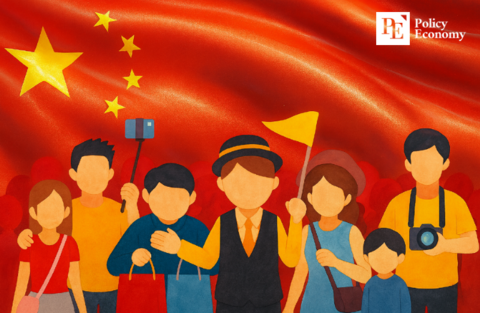"Uncertainty Has Decreased" — Global Stock Markets Revive Following U.S.-China Tariff Agreement
Input
Changed
Stock Markets Revive as U.S.-China Trade Tensions Ease IPO Activity Had Dried Up Globally Until Just Last Month Hong Kong Bears Both the Burdens and Benefits of the Tariff War
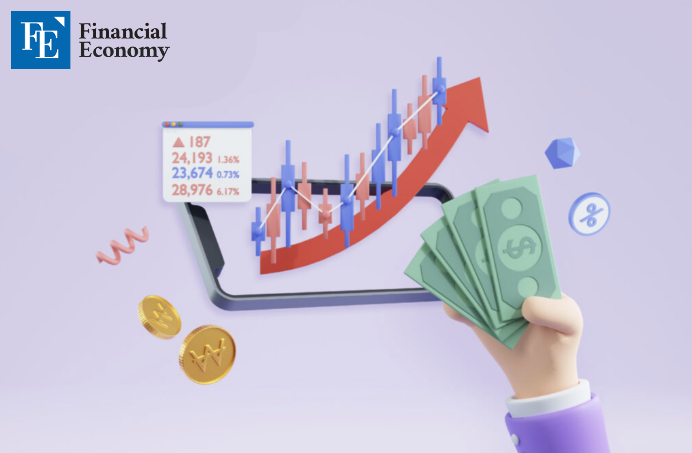
In the ever-volatile world of international finance, few developments ripple across continents with the force of a geopolitical breakthrough. The recent tariff deal between the United States and China has emerged as one such moment. After months of escalating trade tensions, both sides have signaled a temporary truce—prompting a cautious but marked revival across global stock markets.
From Wall Street to the Hong Kong Stock Exchange, investors are breathing easier, corporations are dusting off shelved IPO plans, and analysts are recalibrating expectations. The direct beneficiaries of this detente include companies eager to reenter capital markets and investors eager to regain their footing after a bruising spring. With global attention now trained on how financial centers—especially those caught in the tariff crossfire—respond to this shift, the early signs point to a cautious resurgence.
IPO Momentum Returns Amid a Policy Truce
According to Bloomberg News on May 15, the total capital raised through IPOs globally in 2025 has reached $43.6 billion (about ₩61 trillion), a figure on par with the same period last year. That alone marks a turnaround. Just weeks ago, IPO activity had withered under the weight of the so-called “tariff war” declared by the Trump administration, dragging global equity issuance to its lowest point since the depths of the 2020 COVID-19 pandemic.
But the ice began to crack on May 12, when U.S. and Chinese officials concluded high-level negotiations in Geneva, resulting in a 90-day agreement to significantly reduce reciprocal tariffs. This policy shift offered businesses and markets alike a reprieve from the spiraling economic hostilities that had threatened to fracture global trade flows.
Seizing the moment, previously hesitant firms began pressing forward with delayed IPO plans. EToro, an Israeli company specializing in stock and cryptocurrency trading, was among the first to leap into the revived environment. On May 14, just two days after the Geneva agreement, EToro listed on the New York Stock Exchange with an IPO price of USD 52. It closed its first trading day at USD 67, a 29% surge, well above market expectations.
Following closely is Chime, a U.S.-based fintech company that has filed for its own NYSE listing. With its application submitted on May 14, industry observers expect its IPO to launch by early June, ahead of the traditional summer slowdown. Chime, which reached a valuation of USD 25 billion during a 2021 funding round, reflects the optimism returning to tech-driven finance. Other names in the IPO pipeline include MNTN, a TV advertising platform, and Hinge Health, a healthcare firm, both emblematic of a broader trend toward resumption and recovery.
April’s Financial Chill: A Market in Retreat
This spring revival stands in sharp contrast to the "deep freeze" of April, when markets globally shuddered under the weight of worsening trade tensions. Across continents, IPOs ground to a halt, and major exchanges saw sharp declines.
In the U.S., planned listings by firms like StubHub, the event-ticketing giant, and Medline Industries, a medical supplies provider, were postponed amid uncertainty. Europe, too, saw a pullback, with companies such as Greenbridge, a leading investment firm, pressing pause on listing ambitions. Over in Asia, LG Electronics’ Indian subsidiary temporarily suspended its IPO bid due to regional volatility.
No market felt the sting more than Hong Kong, a critical financial gateway for mainland China. The Hang Seng Index (HSI), which tracks 50 major listed firms, tumbled from 23,490 points on April 1 to 22,119.41 by April 30—a 5.8% decline. The index’s most dramatic fall came on April 7, when it plummeted 13.22% in a single session—the worst single-day loss since the 1997 Asian Financial Crisis.
The Hang Seng China Enterprises Index (HSCEI), which monitors H-shares (Chinese mainland companies listed in Hong Kong), mirrored the downturn. Falling from 8,593 points to 8,076.26 by the end of April, the HSCEI marked a 6.0% monthly decline. These declines reflect the extent to which political tensions can unravel investor confidence in even the most strategically positioned markets.
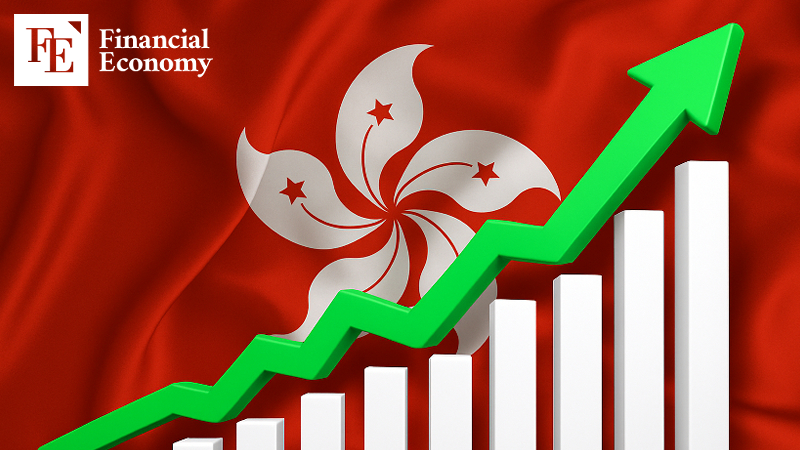
Hong Kong Emerges as a Safe Haven for Chinese Capital
Yet amid the turbulence, Hong Kong has also benefited from the fallout—emerging as an increasingly attractive haven for Chinese firms facing growing scrutiny in the United States. With Washington pushing for greater accounting transparency and implementing stricter listing rules, Chinese corporations are rethinking where and how to raise capital. In some cases, U.S. officials have gone so far as to threaten delisting Chinese stocks from American exchanges, adding fuel to corporate anxiety.
A market insider commented, “For Chinese firms, Hong Kong represents a more stable and familiar gateway to global investors. Given the current regulatory climate in the U.S., many are opting to rebase their IPO strategies there.”
This shift is already visible. On May 11, CATL—the world’s largest battery producer—submitted a preliminary IPO application to the Hong Kong Stock Exchange (HKEX). The company plans to issue 117.9 million shares, with a maximum offering price of USD 33.54. If priced at the upper limit, CATL would reach a market capitalization of USD 4 billion. Should demand allow for a greenshoe option (an overallotment provision), the IPO could raise as much as USD 5.3 billion.
Another high-profile shift involves Pony.ai, a Chinese autonomous driving startup already listed on the NYSE. According to Bloomberg, on May 14, the company confidentially filed for a Hong Kong IPO. The move is seen as a strategic effort to secure a second listing base amid the growing risk of forced delisting in the U.S.
In sum, while the U.S.-China tariff standoff has undoubtedly shaken global markets, the recent agreement has lit a new path forward. IPO activity is stirring again, market indices are stabilizing, and cities like Hong Kong are reinventing their roles in a fast-changing financial landscape. The coming months will reveal whether this recovery is a temporary bounce—or the beginning of a lasting recalibration in global finance.

